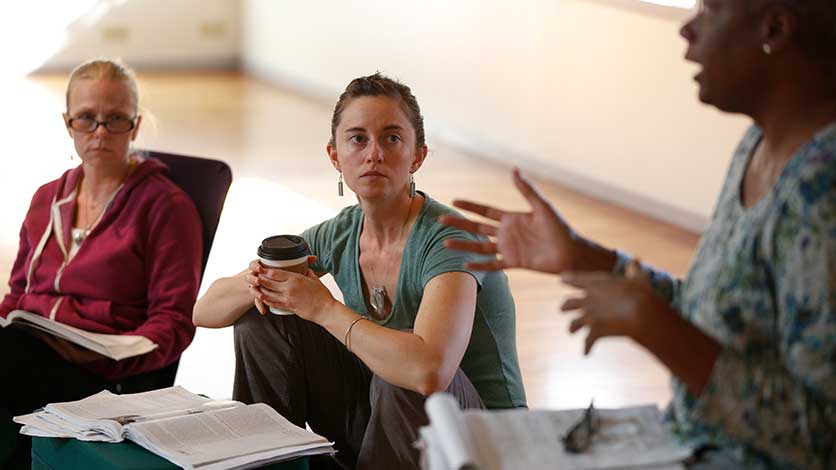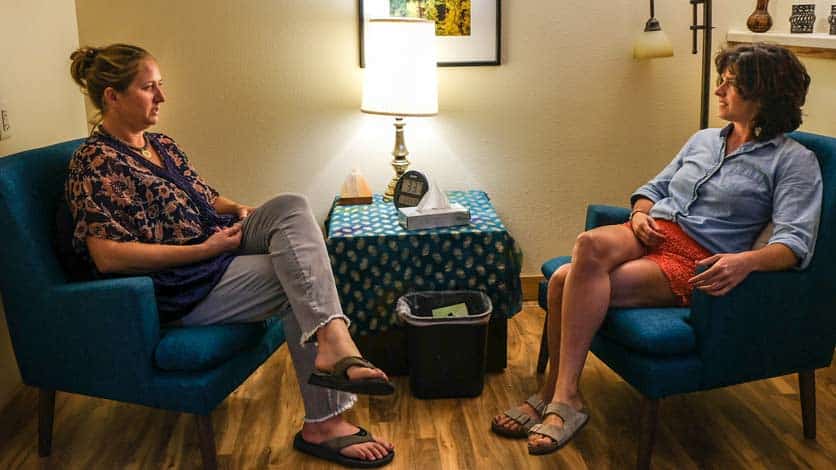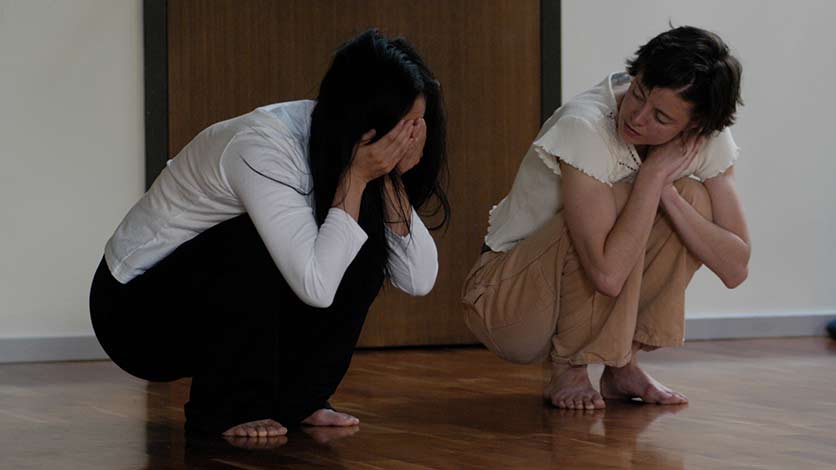Somatic Counseling
The Somatic Counseling Programs look at the relationship between the mind and body as a dance: as one goes, so goes the other.
Grounded in the assumption that the body (soma in Greek) can be used to help individuals transform, this cohort program will give you the academic, experiential, and contemplative experience necessary to begin a compassionate, clinical practice.
Distinguished by a curriculum that emphasizes mindfulness and moving meditation as well as diversity and community engagement, Naropa’s Somatic Counseling programs will help transform you into a deeply aware therapist who is passionate about helping others create change in their bodies, minds, and lives.
Somatic Counseling Concentrations
Body Psychotherapy
Earn a master’s degree in counseling that helps you utilize the mind/body connection for healing. Become a somatically informed counselor prepared to work with individuals and families in diverse settings.

Dance/Movement Theories & Practice
Harness the joy and healing power of movement for yourself and others. Prepare to be a movement/dance therapist in this somatic counseling master’s program.

Course offerings are designed to create a matrix of learning in which study in each area connects and complements study in other areas. While students are focusing on one class, they are challenged to address the perspectives and connections provided by other classes.

Master's Paper
In the third year of the program, all students will write a master’s paper, a scholarly work on a topic relevant to the area of study in which you are being trained (always involving Body Psychotherapy or Dance/Movement Therapy). This process is an opportunity for self-discovery and to demonstrate your skills as a theoretician, researcher, or activist.
Students in the program are required to complete a 200-hour fieldwork placement (100 hours of which must be completed before program entrance) and a 700-hour clinical internship that incorporates meaningful service and is an opportunity to observe and participate in the mental health community, and in the community in general, as a therapist in training. Through the practicum and internship experiences, students become acquainted with different populations as well as become more comfortable with their community.
Postgraduate Credentialing
Additional Organizations that Offer Credentialing and Certification
There are several organizations that are affiliated with the field of somatic psychology that the Somatic Counseling program prepares students for. These include:
The Somatic Counseling: Dance/Movement Therapy concentration of the MA in Clinical Mental Health Counseling is designed in accordance with the training guidelines of the American Dance Therapy Association (ADTA) and has been an ADTA-approved program since 1987. The concentration fulfills the ADTA’s requirements for certification as a Registered Dance/ Movement Therapist (R-DMT).
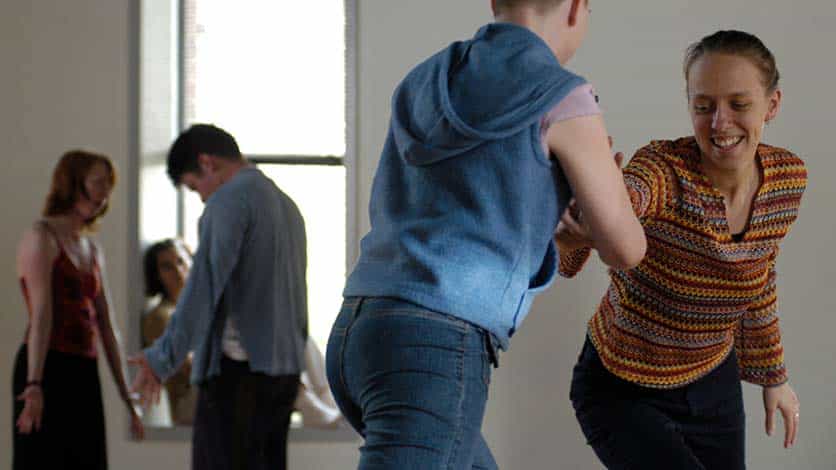
ISMETA
It is possible for a student graduating from the Somatic Counseling Department to use core and elective classes to fulfill the requirements for the International Somatic Movement Education and Therapy Association’s (ISMETA) certification as a Registered Somatic Movement Therapist (RSMT) and/or Registered Somatic Movement Educator (RSME).
The Essence of Movement
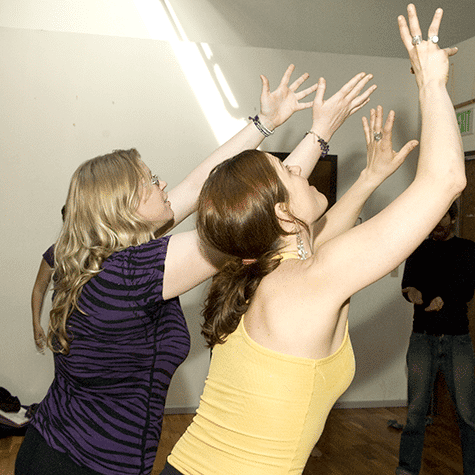

The Essence of Movement



